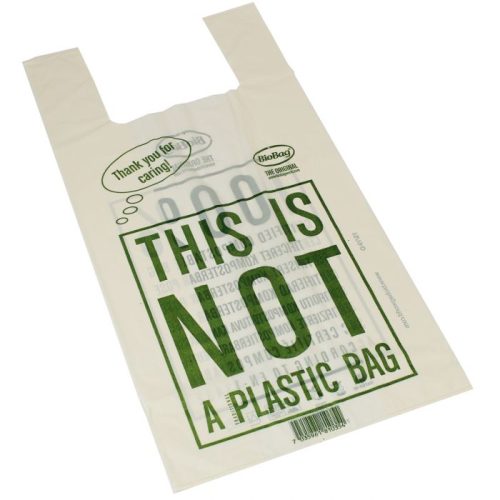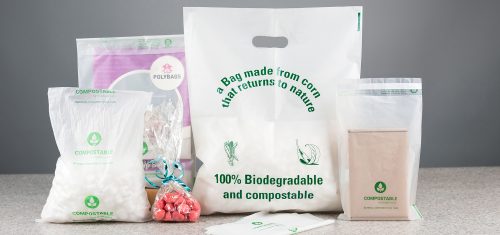The use of biodegradable and compostable bags is gaining significant traction worldwide, with several countries implementing policies to encourage or restrict traditional plastic bags. So at the moment, how is the global landscape of this action?
- In the European Union (EU): From 3 July 2021, single-use plastic plates, cutlery, straws, balloon sticks and cotton buds cannot be placed on the markets of the EU Member States. In addition, the same measure applies to cups, food and beverage containers made of expanded polystyrene, and all products made of oxo-degradable plastic.
- Canada’s zero plastic waste horizontal initiative aims to keep plastic out of the environment and in use within the economy by 2030. In 2016, 30% of plastic products were reduced, repaired or reused, remanufactured, or recycled, while 70% went into landfills or incinerators. To do this, the country proposes to provide $183.1 million over five years, starting in 2022-23 for developing and implementing regulatory measures, and conducting scientific research to inform policy-making.
- Many other countries are considering or implementing similar policies to curb plastic bag use and promote eco-friendly solutions.
Driving Forces and Future Outlook:
 Growing awareness of plastic pollution’s environmental impact, together with supportive government policies, has raised the demand for biodegradable and compostable bags. Bag manufacturers are continuously improving production technology to enhance quality and lower costs, making these bags more accessible to foreign consumers, and our company Infinite Export Vietnam Plastic is not an exception. Day by day we are producing and providing these types of bags to suppliers all over the world.
Growing awareness of plastic pollution’s environmental impact, together with supportive government policies, has raised the demand for biodegradable and compostable bags. Bag manufacturers are continuously improving production technology to enhance quality and lower costs, making these bags more accessible to foreign consumers, and our company Infinite Export Vietnam Plastic is not an exception. Day by day we are producing and providing these types of bags to suppliers all over the world.
However, this problem can not be solved by just businesses, but also by the action of governments, as well as individuals. Effective waste management and disposal systems, building robust collection and processing infrastructure for compostable waste would ensure complete decomposition and prevent environmental harm.
ADOPTING OF BIODEGRADABLE AND COMPOSTABLE BAGS – POSITIVE STEP TOWARDS MITIGATING PLASTIC POLLUTION.


Leave a Reply
You must be logged in to post a comment.